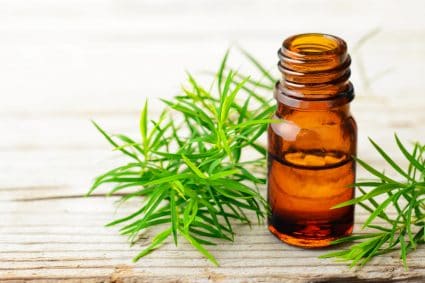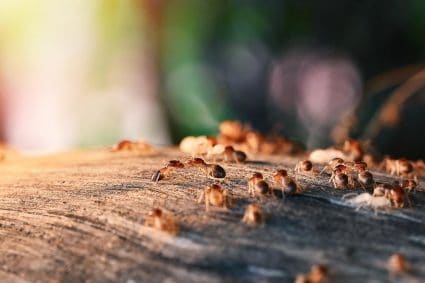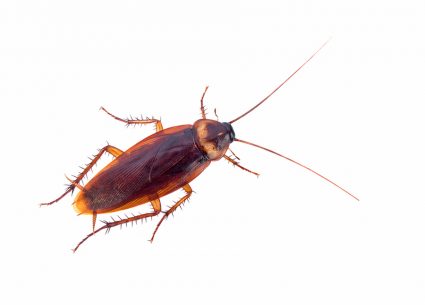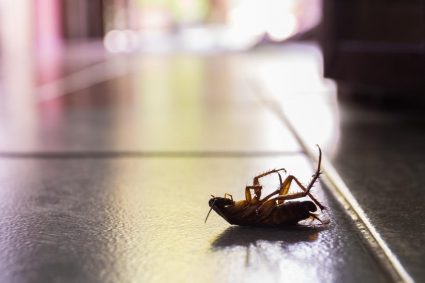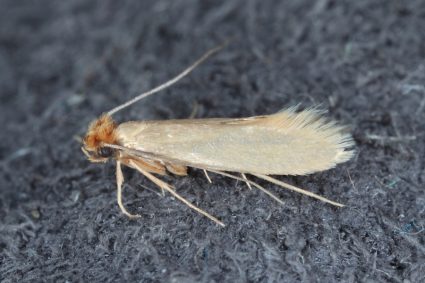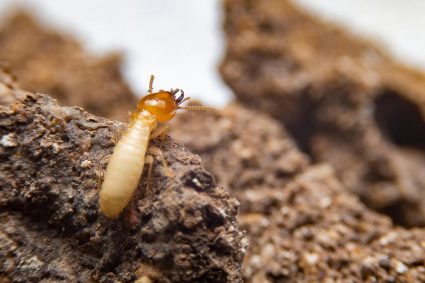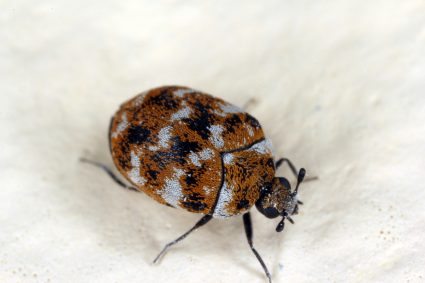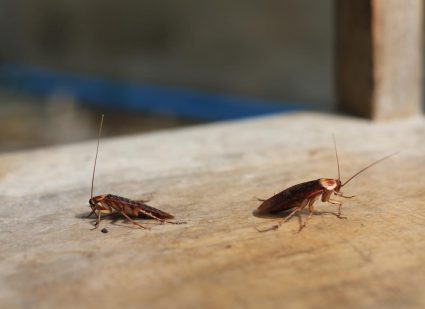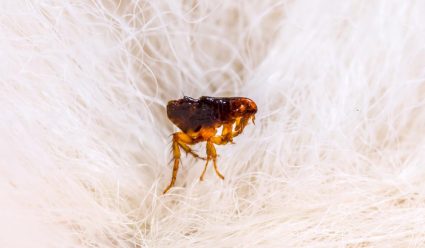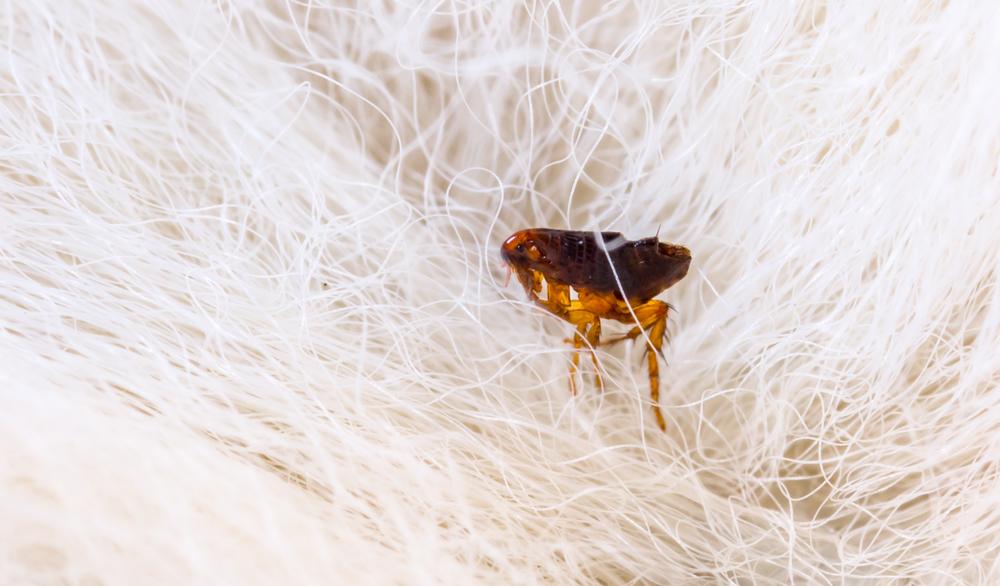
Fleas are infamous for their blood-sucking habits and their ability to infest our homes and pets. But have you ever wondered what exactly do fleas eat? Here’s an in-depth look at the diet of these tiny creatures.
Adult fleas primarily feed on the blood of various warm-blooded vertebrates, including pets and sometimes humans. On the other hand, flea larvae cannot consume blood directly and rely on organic debris found in their environment, such as the feces of adult fleas, which contain undigested blood. Different species of fleas can have different dietary preferences, and their diet is crucial for their survival, reproduction, and development.
Diet of Adult Fleas
Adult fleas are hematophagic insects, which means they primarily feed on blood. They can feed on the blood of various warm-blooded vertebrates, including dogs, cats, rabbits, squirrels, ferrets, rats, mice, birds, and sometimes humans. They are not very picky about their blood sources and can switch hosts if needed.
Adult fleas typically feed at least once every 12 hours, and they can begin feeding within a minute of acquiring a host. Without blood, adult fleas would not be able to complete their lifecycle.
Diet of Flea Larvae
On the other hand, flea larvae have a different diet. They cannot consume blood directly due to their immature digestive system. Instead, they rely on organic debris found within their environment, such as the feces of adult fleas, which contains undigested blood. They can also consume other materials like dead skin, hair, and feathers.
Flea larvae primarily feed on dried fecal blood from adult fleas, also known as flea dirt, and conspecific eggs. They need both components to fulfill their nutritional requirements. They can’t survive by consuming only flea feces or only eggs.
Dietary Preferences by Species
Different species of fleas can have different dietary preferences, which can influence their distribution and host preferences. For example, a study on the nutritional requirements of flea larvae of three Indian species of Xenopsylla (rat-fleas) found that their larval diets, containing blood or wheat proteins and vitamins of the B group, are essential for their successful development.
Effect of Diet on Reproduction
A flea’s diet affects its reproductive cycle because adult fleas require a blood meal to reproduce. After consuming a blood meal, a female flea can lay between 20 to 50 eggs per day, which then develop into larvae, pupae, and eventually adult fleas.
What Happens If Fleas Can’t Find Food?
If fleas cannot find a food source, they will eventually die of starvation. Adult fleas that have emerged from their cocoons can survive for about a week without a blood meal, while young fleas that haven’t fed can live slightly longer, around one week. However, pre-emerged adult fleas can enter a dormant-like state inside their cocoons and survive for up to 155 days without feeding.
In conclusion, the diet of fleas primarily consists of blood and organic debris in their environment. This diet is crucial for their survival, reproduction, and development. Understanding the dietary habits of fleas can help in controlling their populations and preventing infestations.
Frequently Asked Questions
How do fleas find their hosts?
Fleas locate their hosts primarily through detecting heat, carbon dioxide, and vibrations. They also have well-developed sense organs that help them find their hosts.
Can fleas transmit diseases?
Yes, fleas can transmit diseases. They are known vectors for various diseases including plague, murine typhus, and cat scratch disease.
How can I prevent a flea infestation in my home?
To prevent a flea infestation, keep your pets’ living areas clean and regularly treat them with veterinarian-approved flea control products. Also, frequently vacuum your home and wash your pets’ bedding to eliminate any potential flea eggs or larvae.
Do fleas only live on pets?
No, fleas do not only live on pets. They can also infest human habitats, especially carpet, bedding, and upholstery where pets frequently rest.
Can fleas survive in water?
Fleas cannot survive in water and will drown if submerged. However, their eggs and larvae can survive in humid conditions.

